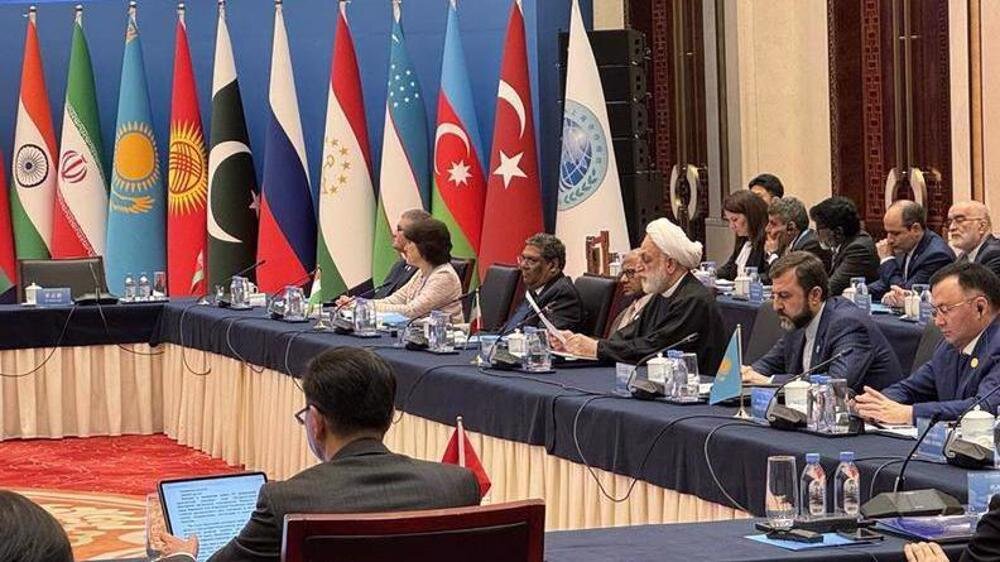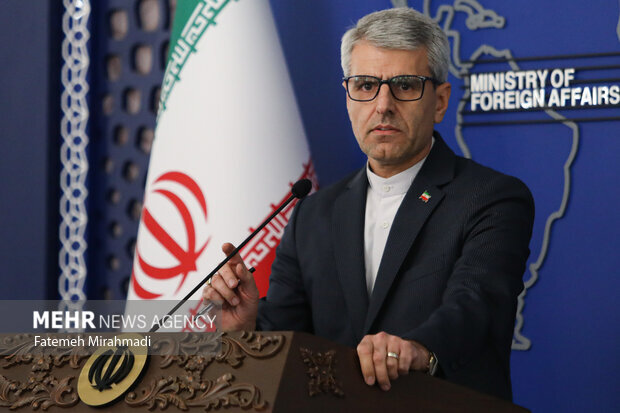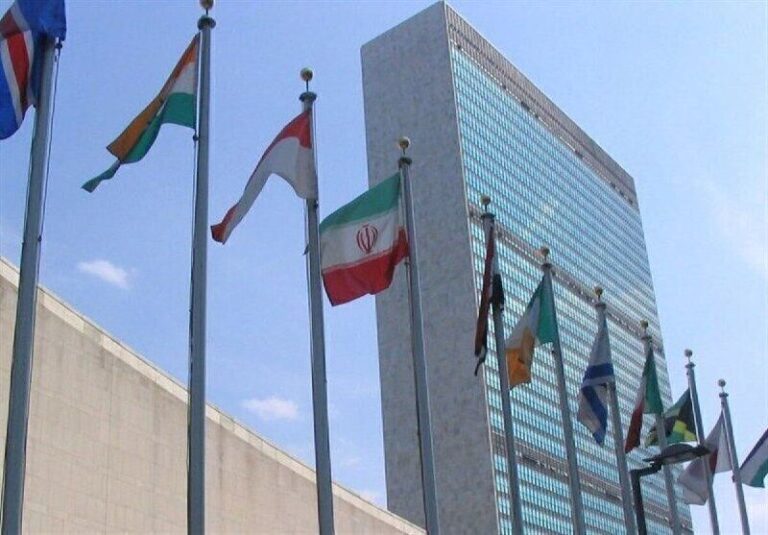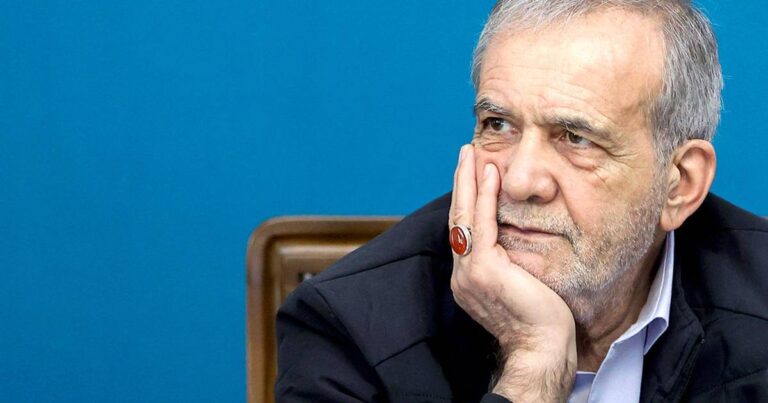Iran Unveils Strategic Legal Framework at SCO to Tackle Emerging Challenges
Gholamhossein Mohseni-Eje’i recently addressed the 20th Meeting of Heads of Judicial Systems of Shanghai Cooperation Organization (SCO) member states in Hangzhou, China. This significant gathering aimed at enhancing legal and judicial cooperation among SCO nations comes at a time when the world faces numerous challenges.
During his speech, Mohseni-Eje’i emphasized the importance of adopting a pragmatic approach to address these global issues. He stated, “The SCO judicial meeting is held at a time when the world faces serious challenges such as unilateralism, criminal use of communication and information technologies, terrorism, human rights violations, threats to regional and international peace and security, and organized crime.”
He further elaborated on the necessity for SCO member states to engage in friendly discussions aimed at fostering legal and judicial cooperation. “The gathering of the top judicial authorities of SCO member states provides a suitable platform for friendly discussions on legal and judicial cooperation and adopting a pragmatic, constructive, and serious approach to interaction and collaboration,” Mohseni-Eje’i noted.
One of the critical issues raised by the Iranian Judiciary chief was the ongoing threat posed by terrorist groups. He remarked, “Terrorism and the actions of terrorist groups, which threaten international peace and security, including in some SCO member states, have claimed the lives of more than 23,000 innocent people in the Islamic Republic of Iran over the past four decades, martyring them.” This alarming statistic emphasizes the urgent need for a coordinated response to combat terrorism.
Additionally, Mohseni-Eje’i highlighted the impact of unilateral sanctions imposed by certain countries on some SCO member states, which he argues violate international law and human rights. He stated, “The imposition and enforcement of these sanctions are in clear violation of international law, the UN Charter, and various human rights, including the right to life, education, health, development, and welfare.” This underscores the need for legal and judicial strategies to counter these sanctions.
In discussing the ongoing crisis in Gaza, he stated, “The genocide and war crimes of the Zionist regime, which began in October 2023, continue unabated.” According to reports, the humanitarian toll has been devastating, with “the number of martyrs from these crimes exceeding 51,000, with over 116,000 injured.” He also pointed out that a significant percentage of the victims are women and children, and millions have been displaced.
Moreover, Mohseni-Eje’i criticized the international community’s inaction regarding the perpetrators of these crimes, stating, “The perpetrators of these crimes, despite being pursued by the international criminal justice system, freely travel to certain countries.” This highlights the challenges faced by the international legal system in holding violators accountable.
Proposed Strategies for Cooperation
In light of the challenges discussed, Mohseni-Eje’i proposed eight strategic initiatives for SCO member states:
- Strengthening Judicial Cooperation: Establish joint mechanisms, including a “judicial information-sharing platform” and a task force to combat drug trafficking.
- Harmonizing Laws Against Terrorism: Develop legal frameworks to prosecute terrorists and prevent their misuse of cyberspace.
- Judicial Diplomacy in Cybercrime: Create a joint cyber committee to set standards for digital evidence collection and simulate judicial responses to cyberattacks.
- Reducing Commercial Disputes: Establish an “SCO International Arbitration Center” to handle economic disputes efficiently.
- Combating Human Trafficking: Strengthen protective laws, collaborate on extradition, and create a shared database on trafficking groups.
- Environmental Protection: Address cross-border environmental crimes by adopting a joint protocol for prosecuting violations.
- Enhancing Judicial Efficiency: Share best practices and modern technologies through annual summits on digital transformation.
- Promoting Legal Education: Establish an “SCO Legal Education and Research Center” for training judges and police on emerging crimes.
In July 2023, Iran’s full-fledged membership in the Shanghai Cooperation Organization was officially approved, marking a significant step for the nation within this influential regional body. The SCO is recognized as one of the largest regional organizations globally, accounting for about one-third of the world’s Gross Domestic Product (GDP) and approximately 40% of the global population.
As the SCO continues to expand its influence, the discussions and strategies presented at this meeting will play a crucial role in shaping international legal and judicial cooperation. The need for a united front in addressing global challenges has never been more pressing, and the outcomes of this meeting may set the stage for future collaborations among member states.
In conclusion, Mohseni-Eje’i’s address serves as a call to action for SCO members to engage more deeply in legal and judicial cooperation, promoting peace, security, and justice on a global scale.






